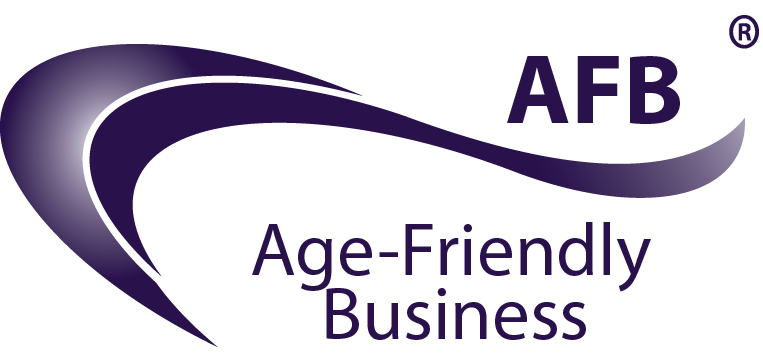
Just because you love them doesn’t make it easy all the time. Many caregivers cherish the time and opportunity spent looking after their loved ones – but this is not without some corresponding emotional and physical stressors. Facing the mortality of a loved one, changes in family and household arrangements, reduced time for children, spouses, and recreational activities, added workload and increased financial pressures can all take its toll.
You can’t sprint a marathon! You need to be available for the long haul, and that means creating new strategies to manage the acute and chronic demands.
Control What You Can. You might not be able to change the health challenges your loved ones are enduring, so focus on what you can control — your reactions and stress management strategies.
Share the Load. You don’t have to do it all by yourself. Reach out to family and friends and let them know specifically how they can contribute and help. From money to transportation, cooking, and respite, many welcome the opportunity to assist, but just don’t know how.
Keep the Communication Lines Open. Bring family members into the caregiving conversations early and often to ensure everyone is in the loop, has a say, and issues can be resolved before they become problematic.
Setting up family meetings, reaching out to others, and establishing ongoing communication strategies are effective ways to ensure that all members feel heard and are working toward the shared goal of quality care for their loved ones.
Basic Tips for Holding a Family Meeting
What: Set an agenda ahead of time. Contact family members to ask for their input regarding the most important issues they would like to discuss. Try to keep the agenda to no more than 3 topics. Make sure everyone knows ahead of time what will be discussed.
Who: Family members involved and impacted by the discussion need to be invited to the family meeting. If spouses are involved in the care, and/or are usually involved in family discussions, you will want to invite them to participate in these conversations. The care receiver, if mentally competent, should be included. If there is a difficult family history or issue, you may want to invite a qualified and trusted professional to facilitate the discussion.
Where: Choose a convenient, comfortable, and neutral location. If some family members cannot attend because of travel limitations, explore ways to include them via Skype, Zoom, or other conference call services.
When: It is always best to have a plan established before a family is in crisis. If a plan was not prepared ahead of time, try to find a quiet place to determine who will do what tasks and take on what specific responsibilities during the critical phase, and who will do what during the non-crisis potentially long-term care phase.
Get the Facts: In preparation for the family meeting, collect all current data regarding your loved one’s medical, physical, social, and mental health needs. Share current medical reports, treatment options, and recommendations. Out of pocket expenses, private care, equipment, and other expenditures need to be itemized and included in a corresponding budget.
How:
• Agree to some basic ground rules regarding how respectful communication will take place.
• Present the issue.
• Open the meeting for discussion and clarification of the needs.
• Invite all ideas.
• Assign tasks, responsibilities, and due dates.
• Record all decisions.
• Decide on how this will be monitored and when the follow up meeting will take place.
Handled with respect, family meetings can enhance and solidify relationships and ensure a transformational caregiving experience for all family members.
Rhonda Latreille, MBA, CPCA
Founder & CEO
Age-Friendly Business®
Caregiver Stress Syndrome
Characterized by physical, emotional, and mental exhaustion, Caregiver Stress Syndrome often results from a person neglecting their own physical, emotional and spiritual needs while focusing primarily on the needs of their care recipients.
In the next Maturity Matters Newsletter, we’ll look at some personal care strategies to mitigate and better manage caregiver stress.
Self Care
“Self-compassion is simply giving the same kindness to ourselves that we would give to others.”
Christopher Germer



0 Comments